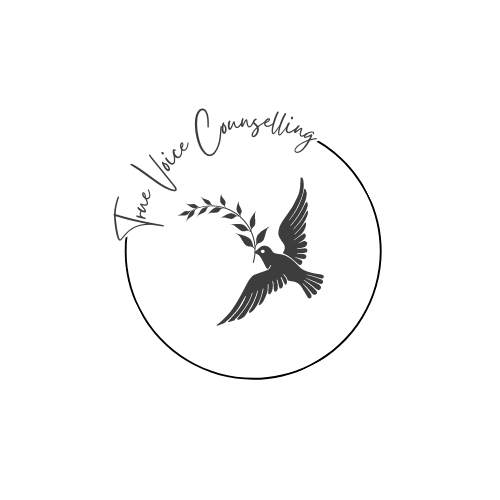What it Means to Trust the Process
You may have heard the phrase “trust the process” — a reminder often used in therapy when progress feels slow, uncertain, or unfamiliar. It encourages both clients and therapists to stay present with the unfolding work, without rushing toward a fixed outcome or clinging to preconceived ideas about how healing should happen.
And yet, trusting the process can be one of the hardest things to do — especially when you're in pain and desperate for relief. Therapists deeply understand this longing. The desire for answers, certainty, or a definitive "cure" is a very human response to suffering. But healing rarely obeys a straight timeline. In fact, trying to control or force the process can often stall the deeper work we came seeking in the first place.
When Healing Becomes Another Form of Perfectionism
Many of us enter therapy hoping — consciously or not — to become invulnerable to life’s struggles. We imagine that healing means finally being free from anxiety, sadness, or mistakes. Sometimes, therapy becomes a new way to punish ourselves — a belief that if we work hard enough, expose every flaw, and fix everything that's "wrong," we'll earn the peace we crave.
This mindset echoes what Paul Gilbert (2009) describes in Compassion-Focused Therapy: the inner critic often hijacks even our healing efforts, turning them into a relentless quest for unattainable perfection.
But real healing is rarely about becoming flawless. More often, it invites us to accept that suffering is part of being human — and that our vulnerability can deepen our capacity for connection, empathy, and meaning.
Allowing the Full Range of Human Emotion
Rather than chasing constant happiness, healing may mean allowing space for the full spectrum of emotions — including grief, anger, and uncertainty. Acceptance and Commitment Therapy (Hayes et al., 1999) teaches us that trying to eliminate "negative" feelings often increases our distress, while making space for them with openness leads to greater psychological flexibility and well-being.
By letting ourselves feel deeply — joy and sorrow alike — we move toward a more honest, fulfilling life.
Reframing the Past with Compassion
Many clients wrestle with guilt or shame about past decisions. Yet, as Carl Rogers (1961) wrote, growth often comes not from self-criticism but from unconditional self-acceptance. We can begin to view our past selves not as problems to be corrected, but as younger versions of us doing the best they could with what they knew.
Forgiveness isn’t forgetting or excusing — it’s releasing the expectation that we should have known better sooner. This shift lightens the load we carry and opens space for self-compassion.
What If "Good Enough" Is Truly Enough?
Instead of chasing an idealized version of health or happiness, healing may invite us to appreciate what’s good enough — a concept echoed in D.W. Winnicott’s idea of the “good enough” parent (1953), which reminds us that perfection is neither possible nor necessary for growth.
Healing isn’t about fixing every perceived flaw. It’s about acknowledging our humanity — both the light and the shadow — and learning to live from a place of curiosity rather than fear.
Letting Go of the "Shoulds"
When therapists encourage clients to “trust the process,” they aren’t asking you to let go of hope or intention. They’re inviting you to release rigid expectations that may be rooted in old beliefs or societal pressures. Healing is deeply personal. What supports your growth may not look like anyone else’s journey — and that’s okay.
Consider asking yourself:
Whose expectations am I trying to meet?
Does this definition of healing actually serve me — or is it keeping me stuck?
What would it mean to define healing on my own terms?
In Closing
By trusting the process, you open yourself to unexpected possibilities — ones that can only emerge when you stop trying to control the outcome. Your healing journey is unfolding in its own time, in its own way. And it is enough.
References:
Gilbert, P. (2009). The Compassionate Mind.
Hayes, S. C., Strosahl, K. D., & Wilson, K. G. (1999). Acceptance and Commitment Therapy.
Rogers, C. R. (1961). On Becoming a Person.
Winnicott, D. W. (1953). Transitional Objects and Transitional Phenomena.
